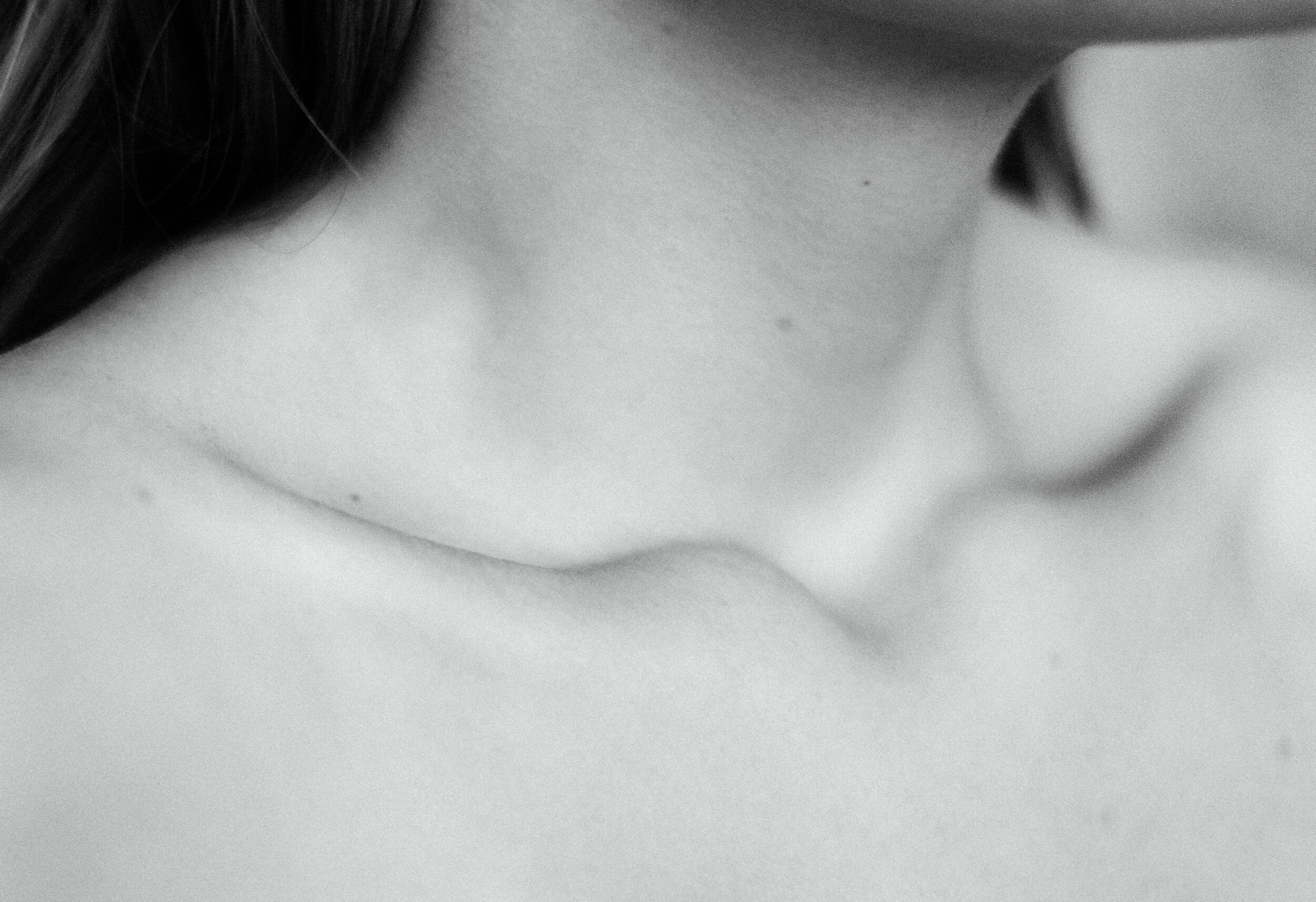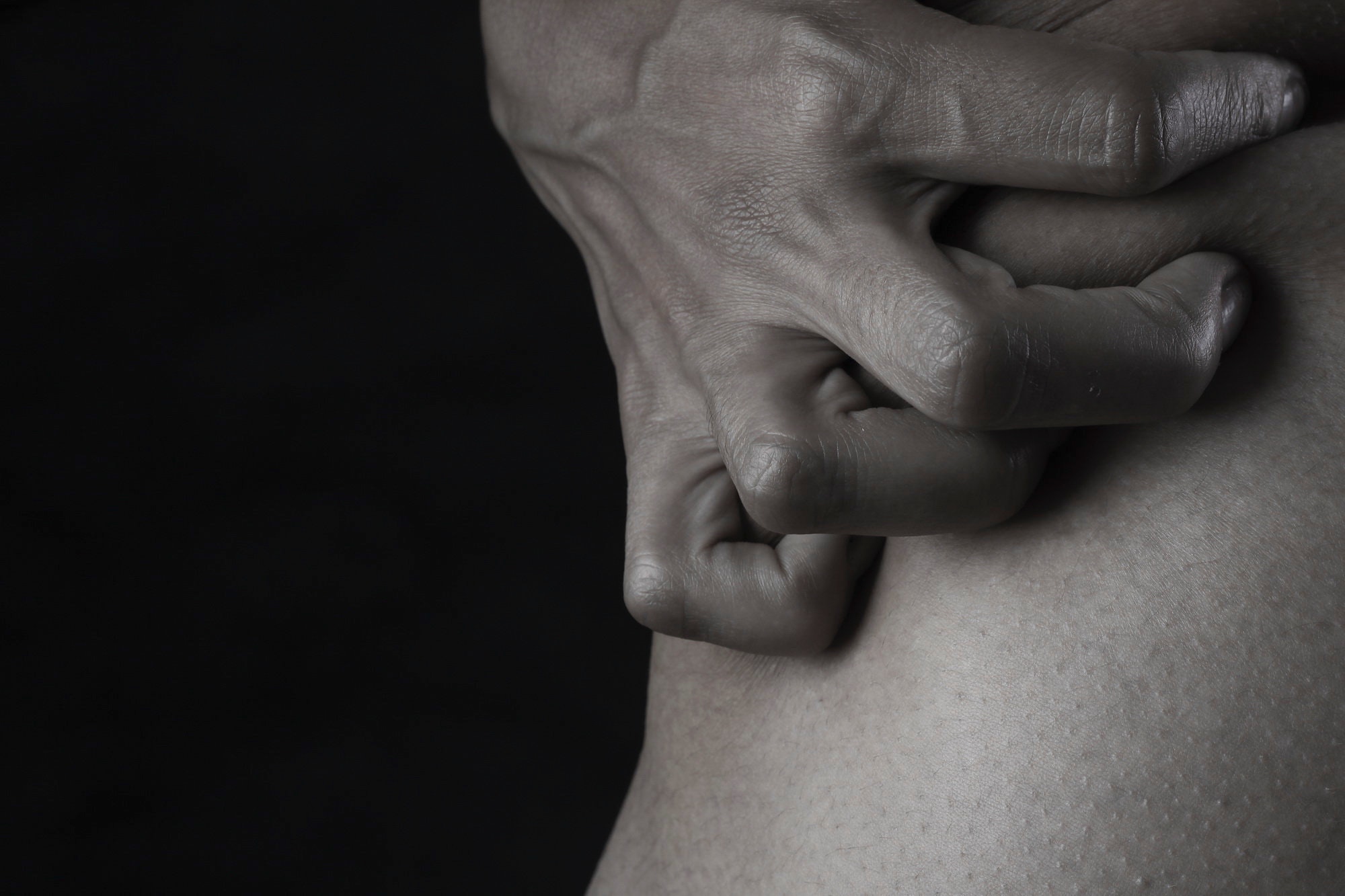Desk Neck? It's a Thing.
/Chances are that during this COVID-19 pandemic, you’ve been self-isolating for nearly two weeks now. This means most of us are working from home which, unfortunately, probably means more time being sedentary and on screens which. Unless you have perfect posture, this can result in what we like to call “tech-neck” or “desk-neck.”
Neck pain is not fun, and it has a way of radiating throughout the body and affecting every facet of your daily life, even causing headaches, immobility, and even difficulty sleeping and relaxing. (And many of us are having trouble sleeping and relaxing right now as is!)
Thankfully, acupuncture and acupressure can help.
In many ways, acupressure massage can offer prompt relief of pain and increases mobility.
Here are three spots you can gently try to massage to find some relief.
Fengchi, GB20: this is located along the ear bone nestled in the groove back to where your neck muscles attach to your skull.
Hegu, LI4: this point is located on your hand, in between your thumb and pointer finger.
Jiaji (on the affected side): located along the vertebrae.
Pressing firmly but comfortably along the Fengchi and Hegu points for ten seconds, releasing for five, and repeating again for a series of 5 or 6 times can be an effective at-home exercise to practice.
Don’t let neck pain be, well, a pain in the neck. We’re here to help.




















